EU-certified Imams: limits and risks of a rushed proposal
by Andrea Molle
Following the recent attacks in Nice and Vienna, Macron meets with Austria, Holland, Germany, and the EU leaders to promote a series of joint initiatives to prevent terrorist threats, reform the Schengen agreements, and strengthen the European Union’s external borders. At the meeting, an old French obsession stands out: implementing a state-run system to train and certify Imams, perhaps even at a European level, as re-launched a few days ago by the President of the European Council Charles Michel. According to the French proposal, which is gaining momentum throughout the European institutions thanks to Macron’s undeniable charisma, the risk of foreign interference and the infiltration of radicalized individuals in the continent would be reduced. It is a typically French approach to regulation, which is applied with success in various social domains in the Hexagon: ranging from professional to sports federations and training schools. Nevertheless, extending this principle to religion is a step into uncharted and dangerous territory. Internal training tied to state certification of religious leaders is a very thorny issue. While it may seem a good idea at first glance, there are several reasons to believe this solution to be far more dangerous than the problem it sets out to solve. On the one hand, it is undoubtedly true that religious communities want to develop bottom-up curricula and training options independent from foreign countries’ hierarchies and economic supports or institutions. However, on the other hand, it is highly likely that a dominant role of the secular state, which will also become the only source of legitimacy, will be perceived as another attempt to interfere in the life of those same communities thereby increasing the vulnerability of the Muslim communities. In fact, scientific evidence suggests that radicalization is a byproduct of marginalization and increased state control. That would be especially true if, as expected, the system is not to be extended to all religions, including Christianity. Moreover, this move is somewhat hypocritical because it will come from the same governments that condemn state interference in religion when enacted by Russia or China, making it likely to ripple foreign policy effects. Bottom line: such interference would likely end up increasing the risk of radicalization.
while it may seem a good idea, there are reasons to believe this solution to be far more dangerous than the problem it sets out to solve
A state-run system would also clash with two other major dynamics known by researchers who study religious radicalization. First, assuming that centralization automatically decreases the risk of radicalization is pure wishful thinking. Like many French Muslim community leaders suggest, a system for “State Imams” would not benefit from the Muslim world’s theological legitimation. Secondly, such a system would not lead to the demise of groups not recognized by the government and perhaps sponsored by hostile foreign countries. Instead, it is quite possible that they would end up restructuring as underground groups, therefore more susceptible to infiltration and challenging to monitor. It is likely that their religious leaders, considered more legitimate than the state one, will gain even more power to persuade followers to embrace radicalization.
a system for “State Imams” would not benefit from the Muslim world’s theological legitimation
To double down on the limitations and risks mentioned above, it should be added that the prejudicial assumption that unchecked Mosques are inherently settings of radicalization is just a myth. It is a stereotype that rests on a French conception of religion as an irrational experience by design intrinsically prone to violence. It is a politically prevalent idea that is by no means supported by scientific evidence. Instead, relevant scientific literature suggests that worship places are a healthy response to the crisis experienced by the second and third generations of non-European immigrants. The literature also shows how these places have become liable over time to radicalization. It is suggested that it has happened because they have been repeatedly ignored, if not openly antagonized, by Western governments. In short, it would seem that the French laïcité, a form of orthodox quasi-religious (sic!) separation between State and Church, is a contributing factor to radicalization rather than a solution to it. This point is spearheaded by Chems-Eddine Hafiz, Rector of the Grand Mosque of Paris, who insists on how the fundamental issue at play is the lack of support for the Imams. Their lack of professionalization and access to financial resources produces the need to access foreign financial support and training that is likely to come with several strings attached.
it’d seem that the French laïcité, a form of orthodox separation between State and Church, is a contributing factor rather than a solution to radicalisation
A recent bill, sponsored by the French President, seemed to relax the orthodox approach to secularism and go in the right direction of integrating Islam and other minority religions within a new framework of acceptance of religion’s public and educational dimension. Today’s proposal of a state monopoly is a radical U-turn that would take us back of at least a decade of research and policy aimed to fight radicalization. In our opinion, a better science-based solution should be the one of deregulating religion and, therefore, increase the chances for independent moderate groups to access the French “religious market.” A healthy competition, lightly regulated by the state, would almost certainly favor the less extremist and violent experiences. Unfortunately, it seems that Macron and his fellow Heads of State have fallen for an old trick of terrorism: to provoke an excessive and untidy reaction guided by the logic of internal politics and to put one EU member state against the others. While France is prepared to nationalize religion, Austria goes even deeper into the rabbit hole by outlawing political Islam at once. Germany seems to go in a different direction altogether, and the southern states, the border states, are ignored or threatened to be excluded from Schengen. On top of that, the European Union’s Interior Ministers’ recent meeting speaks of different issues and heralds a new squeeze on online controls and propaganda. They all seem to ignore how challenging it is to define and operationalize such concepts as much as they ignore that they are doing precisely what terrorists expect them to do. That is why we believe the real winner at Macron’s meeting is Islamic radicalism, and we fear that the new course Europe has set itself on will end up breaking it up and benefiting only radicalism by increasing its recruitment pool.









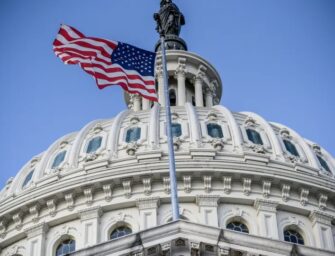
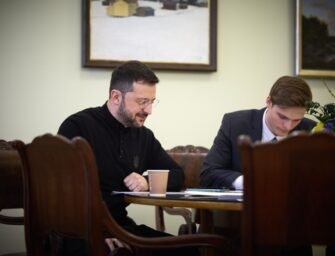











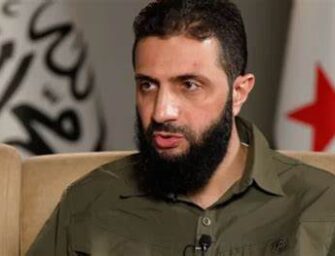
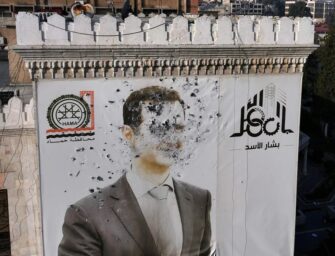








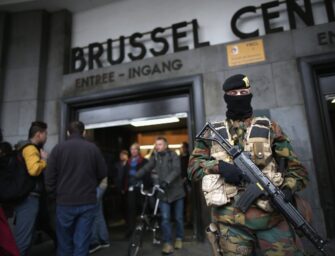



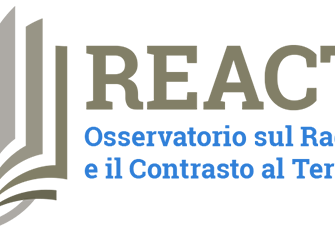
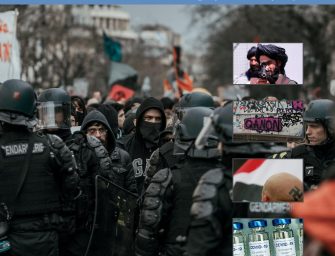

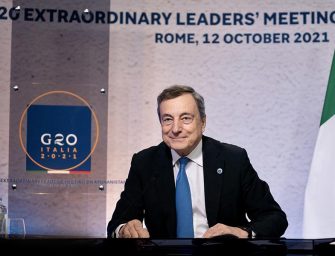
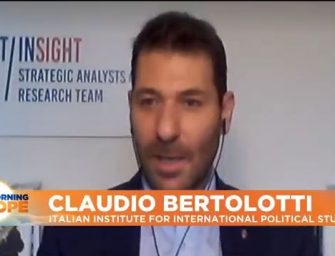


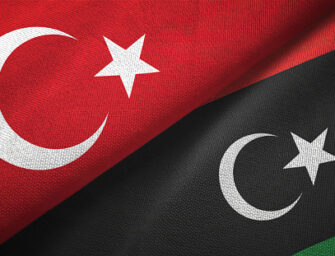

There are no comments
Add yours